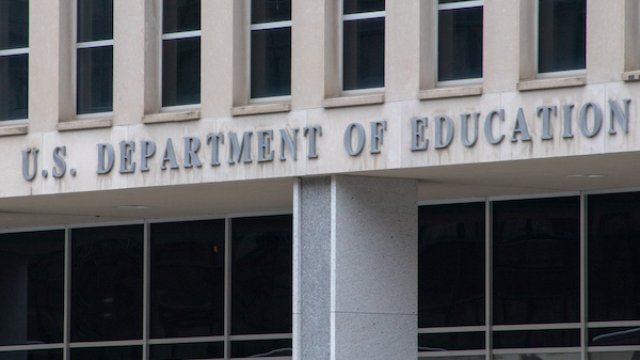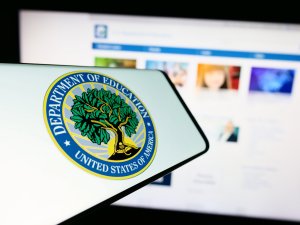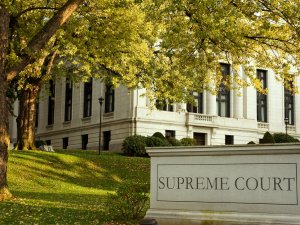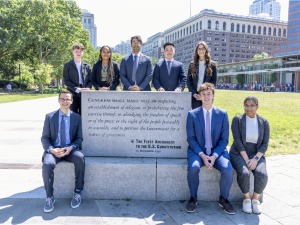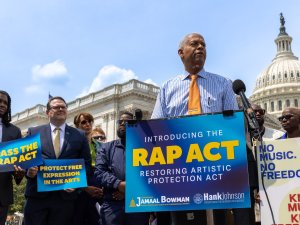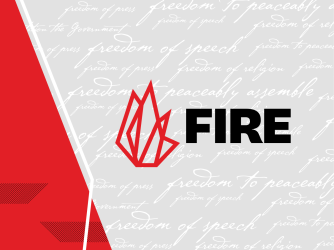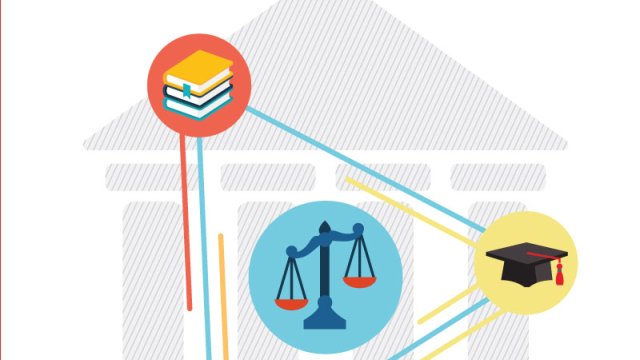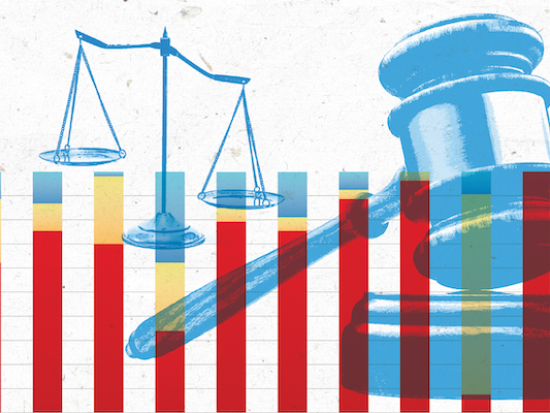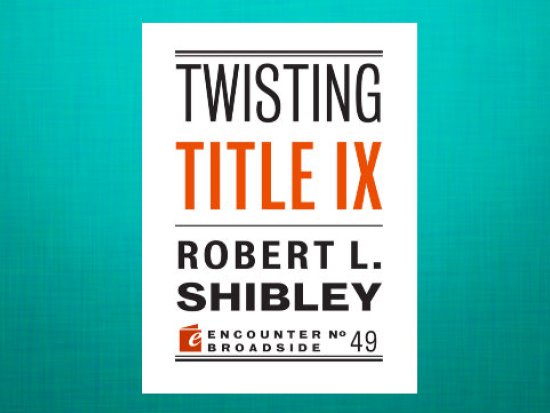Title IX of the Education Amendments of 1972 is the federal law prohibiting sex discrimination in federally funded educational programs. One of our nation’s most famous — and sometimes most controversial — civil rights laws, Title IX was for many years best known for its impact on college women’s athletics. But the law has other important effects on campuses as well. For example, when it was passed, it explicitly banned most forms of sex discrimination in college admissions. Importantly, Title IX also requires colleges and universities that receive federal funding (virtually all of them, since federal funding includes things like Stafford Loans for students) to prohibit sexual harassment on campus.
Unfortunately, in recent years, the government’s efforts to fight sexual harassment on campus in the name of Title IX have sometimes overstepped the bounds of the law and the Constitution. Between 2011 and 2020, FIRE led the fight against the erosion of free speech and due process rights on campus that resulted from the abuse of Title IX. In May 2020, the Department of Education formalized new and long-awaited Title IX regulations that included a large number of the procedural safeguards FIRE sought, and carefully balanced the rights of all students. The 2020 Title IX regulations provide important protections for those reporting being victims of sexual misconduct while still ensuring that those accused are afforded basic due process protections, such as an express presumption of innocence, impartial investigators, and the right to a live hearing with cross-examination.

